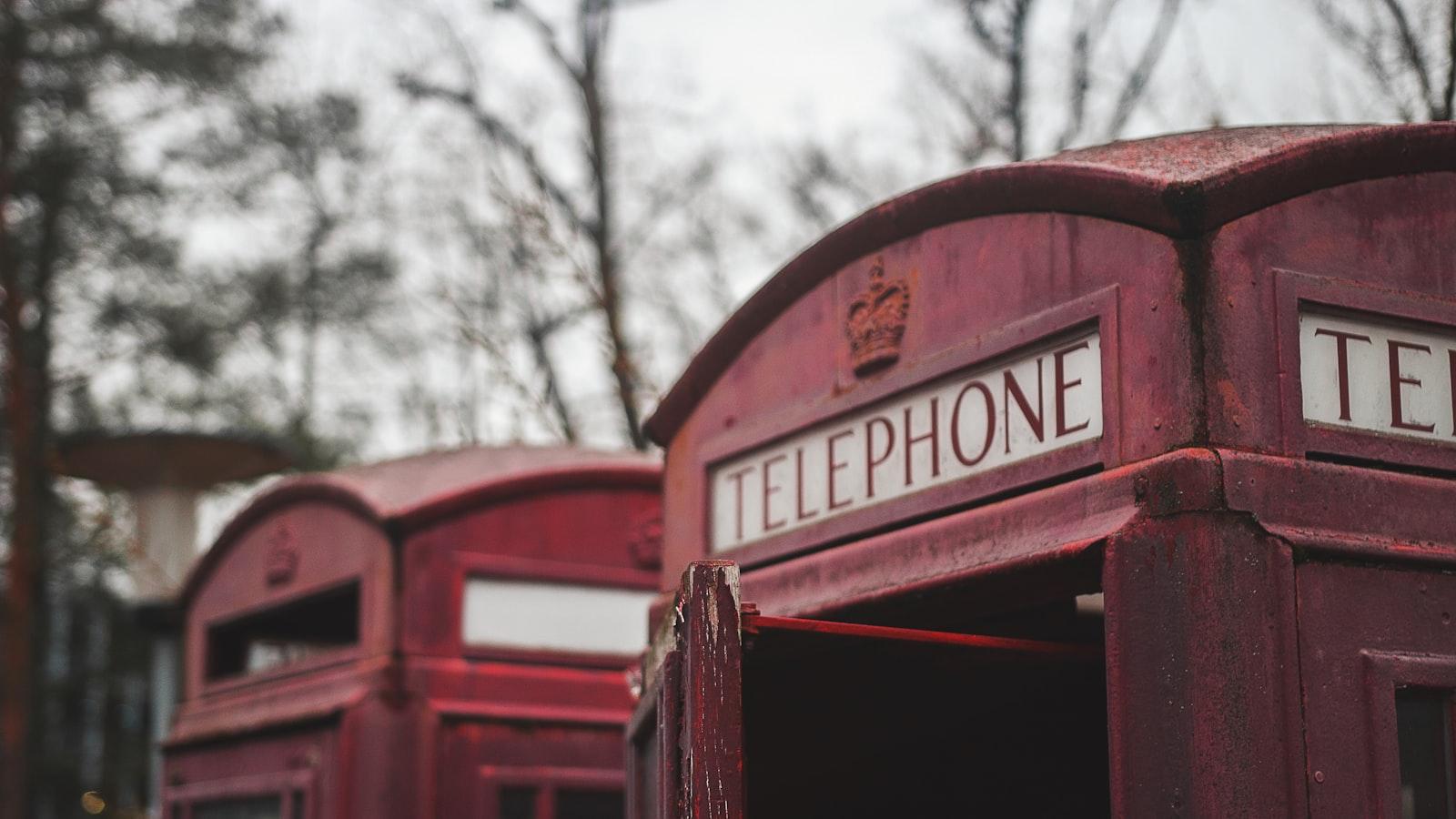Dungeons & Dragons Is a Household Name Again
Once considered the domain of only nerdy teenagers, Dungeons & Dragons (D&D) has made an incredible comeback in recent years. What was once a game confined to basements and the fringes of society has now become a mainstream phenomenon, with celebrities, adults, and even entire families participating in this tabletop role-playing game. Dungeons & Dragons is undoubtedly a household name once again.
One key factor in this resurgence is the game’s cultural impact, evident through its appearances in popular media. The hit Netflix series “Stranger Things,” set in the 1980s, showcases a group of kids who bond over their love for Dungeons & Dragons. The show has not only brought back a sense of nostalgia for the game but has also introduced it to a whole new generation of players. Through “Stranger Things,” D&D has become cool and trendy, shedding its old reputation as an exclusive hobby for introverted geeks.
But it’s not just in fiction that Dungeons & Dragons has found success. Numerous celebrities have publicly embraced and extolled the game. Actor Joe Manganiello, known for his roles in “True Blood” and “Magic Mike,” is a self-proclaimed D&D aficionado and a vocal advocate for the game. He has even collaborated with Dungeons & Dragons to create his own storyline and characters, bringing more attention to the game among his fans.
Additionally, successful live-streamed shows like “Critical Role” and “Dimension 20” have garnered huge followings, with millions of fans tuning in to watch these professional voice actors and storytellers play Dungeons & Dragons. These shows have transformed the once-private experience of gaming into a shared entertainment spectacle that appeals to a wide audience, further catapulting D&D into the mainstream.
However, the resurgence of Dungeons & Dragons goes beyond just media appearances. With the advent of online gaming platforms and social media, the game has become more accessible and visible than ever before. Websites and apps have made it easier to find fellow players, join communities, and learn the rules of the game. Social media platforms, particularly Twitter and Reddit, are now filled with discussions, artwork, and stories of D&D adventures, fostering a vibrant online community.
Dungeons & Dragons offers a unique experience that many find appealing. Unlike video games, it encourages face-to-face interaction, creativity, and imagination. It brings people together, allowing them to collaboratively create epic stories and shared memories. In an increasingly digital age, the physicality and social aspect of D&D have become particularly valued, spurring its resurgence as people seek meaningful connections and experiences offline.
Furthermore, the COVID-19 pandemic has played a role in D&D’s recent popularity. With people spending more time at home, seeking engaging activities that can be played remotely with friends, Dungeons & Dragons, which can be played virtually, has become an ideal choice. It offers an escape from the monotony of lockdowns, providing an opportunity for social interaction and adventure, even from the safety of one’s own home.
The renewed interest in Dungeons & Dragons is a testament to the game’s staying power and enduring appeal. It has seamlessly adapted to the modern era, finding new avenues to connect with players and captivating a wider audience. What was once a game confined to basements has now become a beloved pastime for people of all ages and backgrounds. Dungeons & Dragons is back, and it seems it’s here to stay, firmly establishing its position as a household name once more.
Hey Subscribe to our newsletter for more articles like this directly to your email.
